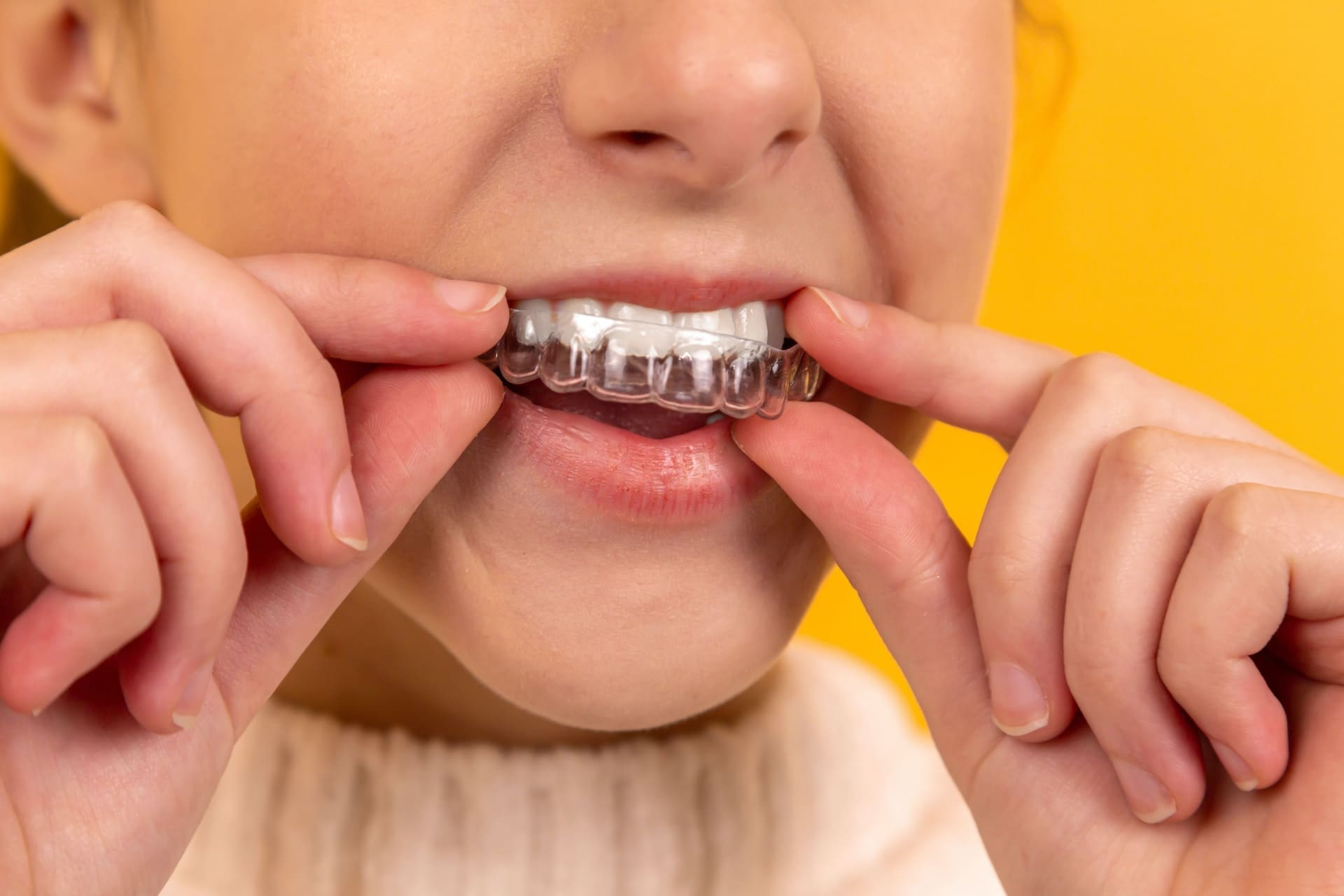
Why is Invisalign the Best Treatment For Your Teeth?
Clear aligners are a popular and comfortable option for straightening teeth. They are less noticeable than traditional braces and offer a range of other benefits.
Home » Archives for April 2023

Clear aligners are a popular and comfortable option for straightening teeth. They are less noticeable than traditional braces and offer a range of other benefits.

Breastfeeding is an essential part of a baby’s growth and development. However, some babies may have difficulty latching onto the breast due to a condition

Cosmetic dentistry is a branch of dentistry that improves the appearance of a person’s teeth, gums, and smile. It is a highly specialized field that

It is never too late for you to get a tongue-tie release. Whether you are a baby or an adult, tongue ties can cause a

Tongue ties are a common condition that can affect both infants and adults. This article will discuss symptoms of tongue ties in adults and how